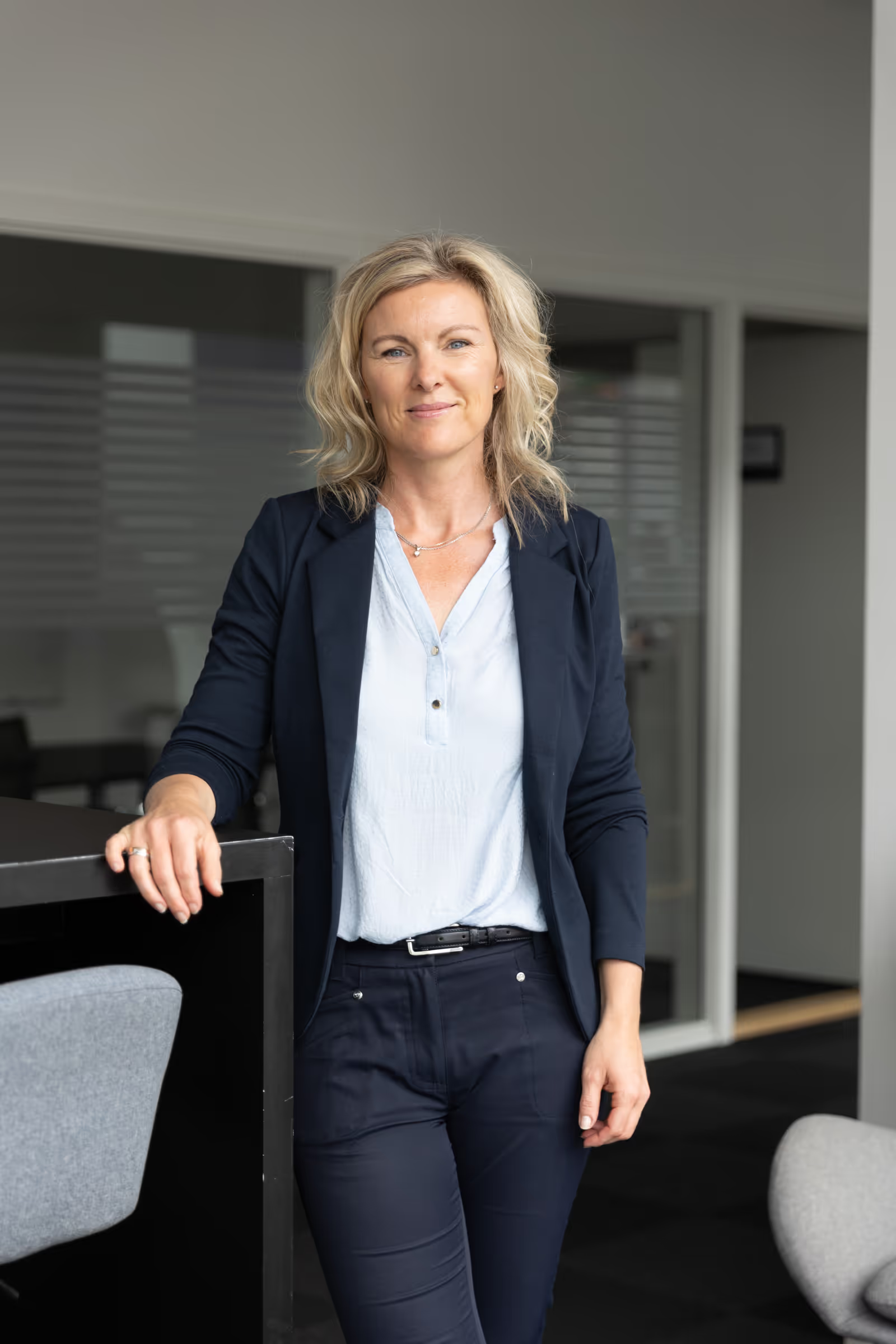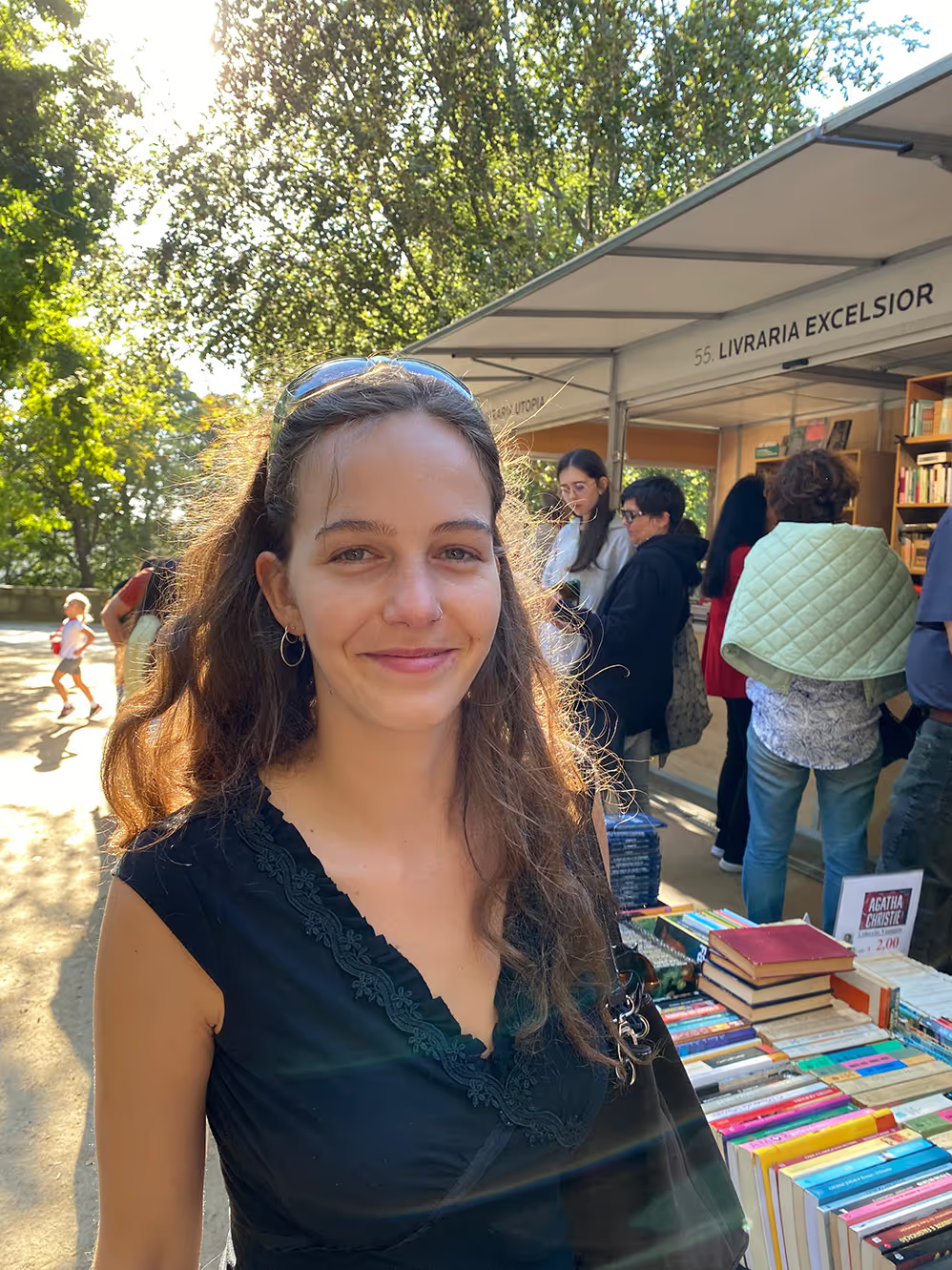Bulgaria and other European countries face significant health care challenges, including rising costs, workforce shortages and the growth of the noncommunicable disease burden. This policy brief proposes the strategic initiatives needed for building a resilient health care system with an emphasis on preventive approaches and an evolving health technology ecosystem.
Download Policy BriefCIFS is a member of the consortium of the
FutuResilience project that aims to strengthen European economic and social resilience through an enhanced ability to respond to future crises.























































